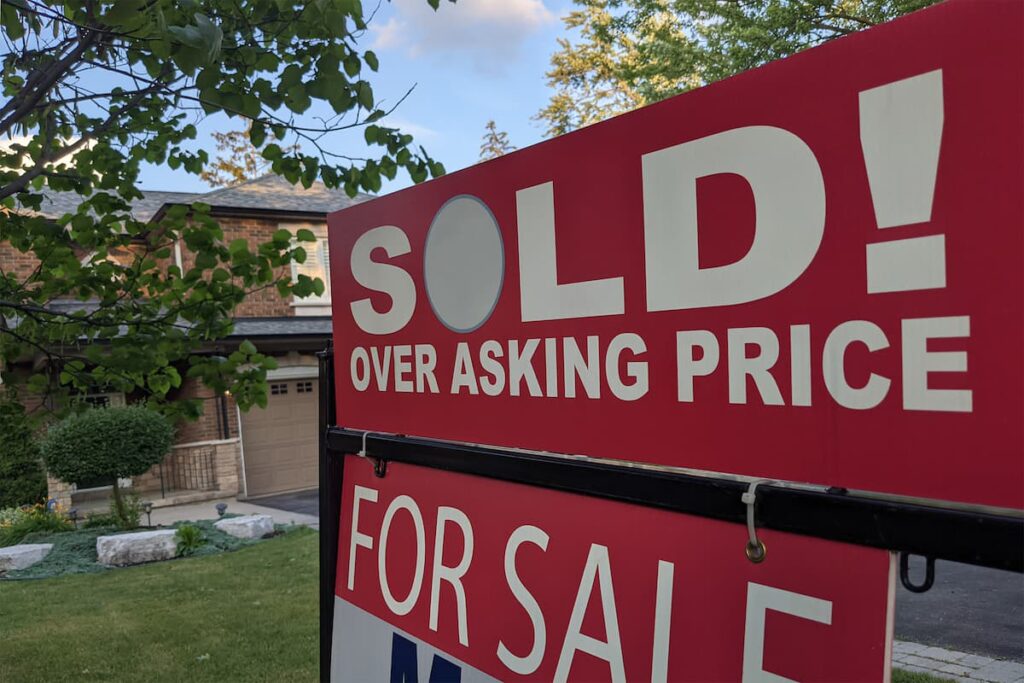Young Buyers Adapt to Challenges With Savings, Flexibility and Early Planning
Despite soaring home prices, high interest rates and limited inventory, Generation Z is making inroads into the U.S. housing market. Once viewed as a generation priced out of homeownership, Gen Z is now emerging as a growing force in real estate — one that’s leveraging early savings, family support and geographic flexibility to gain a foothold.
According to data from Intercontinental Exchange, Gen Z — Americans aged 13 to 28 — now accounts for one in four loans issued to first-time home buyers. A Redfin report from 2024 further noted that Gen Z’s homeownership rate is outpacing Millennials and Gen Xers when they were at the same age.
But that progress masks a growing divide within the generation. While some young adults are entering the market through stable employment or help from family, others remain priced out of both homeownership and renting, particularly in major urban centers.
Financial Strategy and Sacrifice Define Gen Z Buyers
Susan Wachter, real estate professor at the Wharton School, says Gen Z faces more “burdensome” challenges than previous generations. Many are responding by embracing long-term planning. Buyers interviewed by CNN described saving aggressively, sometimes for years, or relocating to more affordable regions.
Take Samantha Garcia, 23, who moved from Los Angeles to Redding, California — a city she had never lived in — to purchase a three-bedroom home for $335,000. She began saving $1,000 a month in 2022 and ultimately received a surprise $25,000 from her fiancé’s parents toward the down payment.
Other buyers made different trade-offs. Adriana Moorman, now 21, skipped college and went straight into full-time work in human resources. She used her earnings and a small inheritance to buy a Baltimore condo for $202,000 — without any co-borrowers. “I think I lucked out by being financially aware at such a young age,” she said.
Similarly, Dominic Azpeitia, 26, moved from Southern California to Phoenix for affordability. He bought a home for $520,000, working out an arrangement with the seller and lender that covered his down payment and closing costs. Azpeitia hopes to eventually convert the home into a rental property.
Remote Work and Suburban Shifts Reshape Buying Patterns
The post-pandemic shift toward hybrid and remote work has also benefited Gen Z buyers. Emily Blaylock, a St. Louis-based real estate agent, says many in their 20s are open to suburban commutes to find affordable properties.
“Young buyers today are OK living 25 minutes from the city center,” she said. “They don’t have to be in the office every day, so they prioritize space and affordability.”
Rylee Arnold, 28, bought a home in Utah and says her ability to close the deal came down to a cooperative seller. “They gave me a lot of credits and covered most closing costs,” she said. “I’m just trying to build equity for myself.”
That mindset is becoming more common. A Redfin analysis in May found that home sellers now significantly outnumber buyers, signaling a potential market shift in favor of young buyers who have been waiting for better conditions.
Market Softens, but Inequality Remains
Though early signs suggest a cooling housing market, affordability remains a central obstacle. Wachter’s research highlights how minority groups within Gen Z are disproportionately impacted by housing barriers, often forced to stay in multigenerational households longer than they would prefer.
Still, for those able to break through, homeownership represents not just a financial goal, but a personal milestone. Whether through relocation, savings discipline or family help, Gen Z is proving more resilient than many expected.
“I knew I couldn’t buy in L.A.,” said Garcia. “But I didn’t want to wait forever. So I moved. Now I own something — and that matters.”


